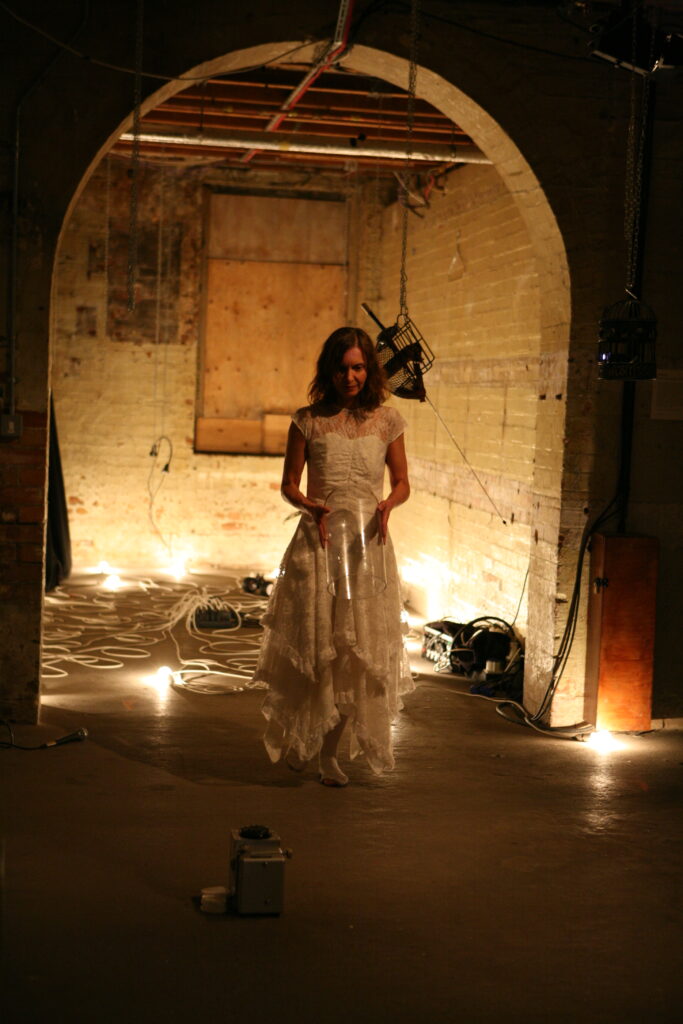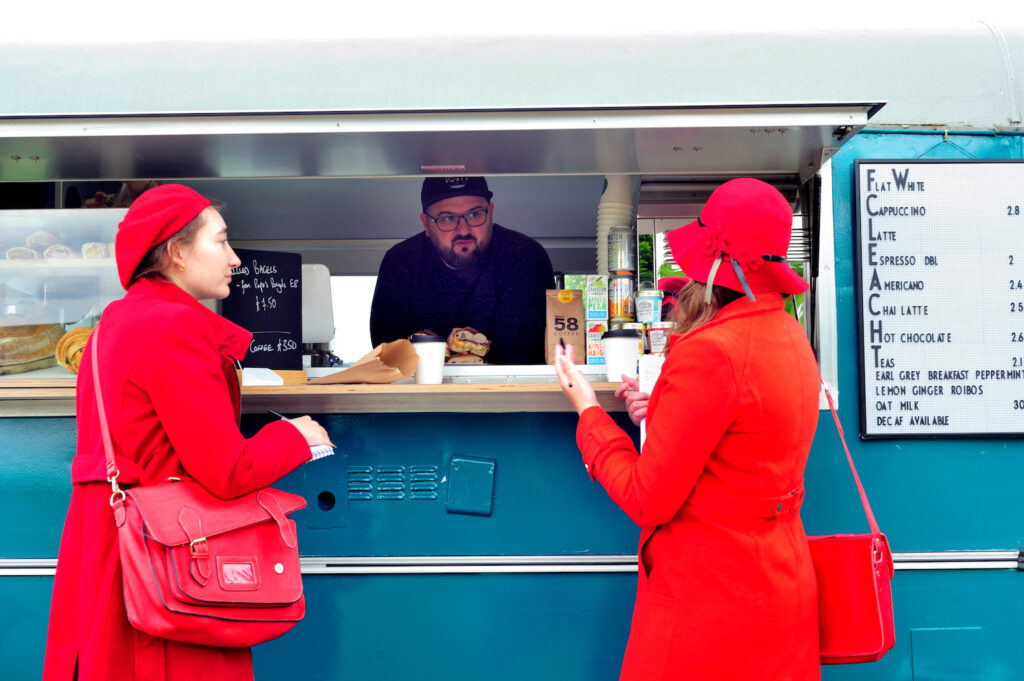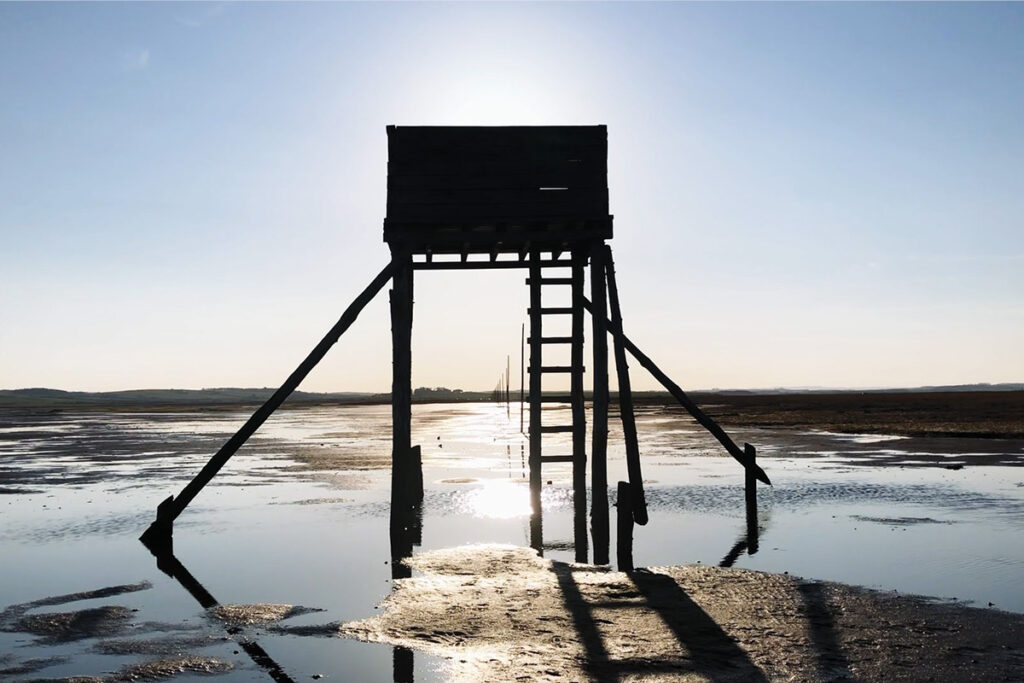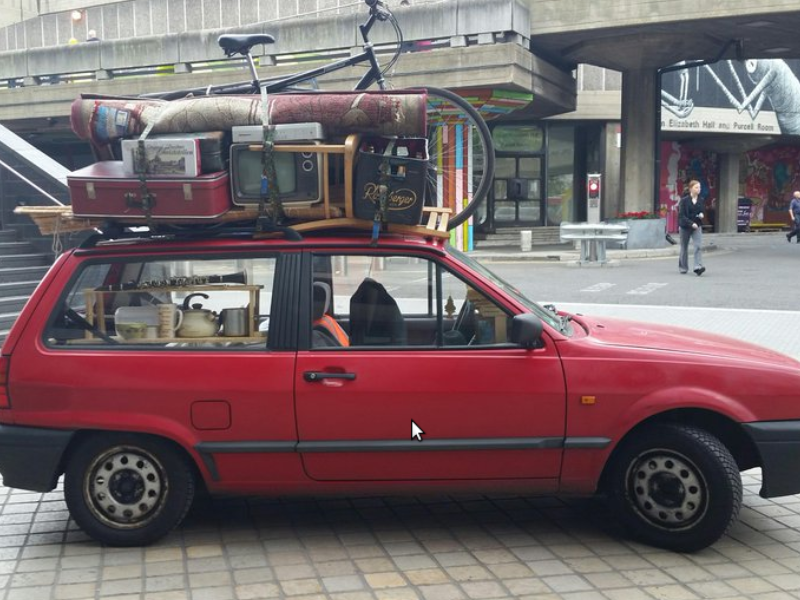Tom Green, a producer at Counterpoints Arts, leads on the Platforma network, bringing together groups and individuals developing refugee related arts. Tom worked for the Refugee Council, and has a background in creative writing with his work performed in theatres and on BBC Radio 4.
Emma Boyd, Head of Marketing and Communications at SMK, and Tom met up to discuss the innovative and disruptive work he is doing at Counterpoint Arts.
EB: Counterpoints Arts is a unique cultural organisation that works across all art forms and collaborates with a range of people including activists. Central to its mission is the belief that arts can inspire social change. You’ve commissioned artists on a range of issues and seen first hand how art can inspire social change and where creative practice can lead to social transformation.
What projects really stand out for you?
TG: A current project that really excites me is Hip Hop Pedagogy and Power: Re-Imagining the Archive. It started as a collaborative residency in partnership with Arts University Plymouth, The Open University, Tate Exchange and Tate Archive, with Hip Hop artists working on acts of decolonising and re-imagining the Tate Archive. The conversations were so rich and we’re now exploring how to take it forward on a larger scale.
From the archives, I’d highlight our Dis/Placed exhibition from 2015. It was our first major statement as an organisation and it has set the tone for a lot of our subsequent work. We brought together so many interesting and brilliant artists and performers who showed how many ways the subject of displacement can be explored and interrogated.

Natasha Davis performing “Internal Terrains” as part of the Dis/Placed exhibition 2015 > pic by Denisa Silas
EB: The dominant political and media discourse on migration in the UK is purposely devoid of context and compassion…Counterpoints Arts seeks to counter these simple lies by reframing the migrant experience through the prism of art, culture and the telling of human stories. Whether it’s being a provocateur, a seducer, a polemicist, or simply a witness, Counterpoints Arts holds up a mirror to us all… and it’s that precious commodity which gives traction to our advocacy and influencing work. Maurice Wren, CEO, UK Refugee Council
This quote reflects the significant impact reframing a narrative can have on telling a story. Can you tell me a bit more about reframing and how it works in the culture space?
TG: The idea of “reframing” has become quite popular in recent years across different movements for social change. The starting point is that the media tend to present things as objective realities, when, even if they are trying to be truthful, only certain points of view are represented. In the case of migration and displacement these perspectives tend to be shaped by a history and current reality of hostility with deep roots in racism and xenophobia.
Artists have always “reframed” reality, in a way that’s what all art is. In social change terms, it’s about harnessing creativity to encourage new thinking and open up conversations.
We see all of our work in that context: refugees and asylum seekers are presented so reductively in the media that simply presenting artists and performers from those backgrounds can help change the frame. Some aspects of our work are more strongly focused on this, for example Refugee Week and the PopChange initiative.
EB: Do you think the arts can have an impact on advocacy and influencing work? Is it possible for creativity to drive policy change?
TG: We don’t usually have specific policy change at the top of our agenda; our focus tends to be on broader, longer term cultural and social change. But we are always open to projects and proposals that have policy change as a goal.
Last year, for example, Dima Karout and Teatro Vivo took up residence at Lewisham Council, as part of the Mayor’s London Borough of Culture, co-commissioned by Counterpoints Arts. They worked with Council teams, local community organisations and residents to investigate how to open up two-way conversations between the Council and its diverse communities. It was a fascinating process that had a direct impact on key Council policy makers, both in terms of what they heard from residents and from seeing how the artists engaged people.
Dima’s work led to her producing a book and an exhibition called Internal Landscapes at the Horniman Museum in London.

Teatro Vivo’s “Usherettes” undertaking research on the streets of Lewisham as part of the Artists for Change commission > pic by Doug Southall
EB: Riding the Waves by Alice Sachrajda, with Esme Peach is a really seminal work on the power of pop culture in change making:
Pop culture is a powerful vehicle for propelling progressive social justice narratives to mainstream audiences. Culture is a shared space where people make sense of the world, where ideas are introduced and values are inculcated. It is a key place for campaigners to win hearts and minds. Cultural change is often the precursor to political and policy change. Culture moves issues into the mainstream and provokes us to think about how we view the world. It may not write the legislation, but culture can create the conditions for political change to become inevitable. The UK has a vibrant pop culture scene, which is ripe for funders and activists seeking to catalyse social change.
This is an exciting statement – do you think that campaigners and artists in the UK are working together successfully in this space?
TG: In terms of migration and displacement it’s still at quite an early stage, certainly compared with initiatives in America where there is a longer tradition of working with pop culture industries through civil rights campaigns. The focus for our Pop Change work is on TV and film, comedy and video games – three areas that are often outside traditional arts or foundation funding models but have huge reach and influence.
For TV & film our focus is on a consultancy offer to help programme makers better understand the perspectives of displaced people through working with creative professionals who have that lived experience. The programme was presented for the first time at our Arts & Social Change Retreat and will be taken forward this year with industry partners including BAFTA.
EB: We first met at the 2022 PopXChange Pop Culture and Social Change Retreat which explored how to improve media narratives and storytelling approaches. It was both inspiring and hopeful but what really stuck with me was the change that building migration into narratives for TV and film has had on audiences perceptions.
There has been a lot of work done in the US, how do you see this work developing in the UK?
TG: The work we are doing in the UK is building on the pioneering initiatives by organisations like On Road Media (now called Heard) And there are others like Comic Relief, OKRE, Representology and Skin Deep with whom we partner in different ways. It takes time for the effects to filter through but it is clear that change is happening and there is an appetite for more. The key thing is for new models that champion a more diverse workforce including decision makers from a broad range of backgrounds.
At the Social Change Retreat we discussed about creating work environments that support better mental health. So it’s about working at all levels: inspiring content, in depth conversations and pressing for systemic change.
Emma: Paul Cairney, from University of Stirling, suggests that successful change makers “recognise the value of emotional appeals and simple stories to draw attention to a problem”. This is echoed by the artist Olafur Eliasson “Facts are one part; just as guilt does not inspire initiative, people will not act on facts alone. We are inspired to act by emotional and physical experience.”
Eliasson produced the 2015 Ice Watch in support of a positive result at the UN climate change negotiations. Twelve blocks of ice were towed from the Arctic and left to melt in the streets of Paris. People touched the ice, heard it trickling away — a profoundly moving experience in a city where policymakers were taking decisions that would shape our collective futures.
It feels like artists could have a lot to contribute to campaigning on climate justice
Do you know of any artists whose work is having a significant impact on climate related issues?
TG: Many artists and organisations we work see climate justice as a priority. Ashish Ghadiali has produced a range of interesting work including through Radical Ecology which focuses on culture as a tool for social and environmental justice. Henna Asikainen is an artist whose participatory practice focusses on land access and climate change including a stunning recent project Between Two Shores. Dana Olorescu includes sustainability and resilience at the heart of her work. She has worked extensively with the wonderful May Project Gardens led by Ian Solomon-Kawall.

Henna Asikainen Between Two Shores. A screengrab from a project trailer video, 2021.
EB: And finally, there are many inspiring artists working in change-based and issue-based arts practice today. Who’s on your radar that we should be looking out for?
TG: I suggest checking out Kani Kamil, Sherko Abbas, Maria Tarokh and Dhaqan Collective. And from the long list of brilliant artists and organisations we’ve known for a while, Natasha Davis is cooking up some brilliant new work, the incredible Compass Collective have numerous projects underway and Basel Zaraa will be presenting his wonderful Dear Laila in 2023 across the UK and internationally.
EB: Thank you Tom!
At SMK, we are curious about how change happens and are interested in the intersection between art and social change. As part of our work to share our evolving understanding of social change, we will interview artists whose work is based in change-making and activism and who seek to understand and highlight contemporary social issues through their practice.

